Yankee In Gray: The Civil War Memoirs Of Henry E. Handerson
Nonfiction, History, Modern, 19th Century, Americas, United States, Civil War Period (1850-1877), Military| Author: | Captain Henry E. Handerson | ISBN: | 9781786252548 |
| Publisher: | Golden Springs Publishing | Publication: | November 6, 2015 |
| Imprint: | Golden Springs Publishing | Language: | English |
| Author: | Captain Henry E. Handerson |
| ISBN: | 9781786252548 |
| Publisher: | Golden Springs Publishing |
| Publication: | November 6, 2015 |
| Imprint: | Golden Springs Publishing |
| Language: | English |
Henry E. Handerson, a tutor from the Western Reserve of Ohio, fifteen miles east of Cleveland, enlisted in the Confederate army on June 17, 1861…Handerson was not an ordinary soldier. His memoir is the account of a Northerner—who after only two years of residency in antebellum Louisiana decided to cast his lot with the Confederacy.
…Already a member of a local home guard company, the twenty-four-year-old Ohio-born Handerson was quickly enrolled as a private in the Stafford Guards, later Company B, of the Ninth Louisiana Infantry. The Ninth was first bloodied at the Battle of Front Royal, Virginia, on May 23, 1862, in a brisk fight with the Union First Maryland Infantry. As part of Stonewall Jackson’s command, the regiment and Handerson marched and fought up and down the length of the Shenandoah Valley before moving down to Richmond to participate in the bloody Seven Days Battle. Handerson took part in the Fredericksburg battle, and later in the spring of 1863, was wounded in the neck at Chancellorsville. Lieutenant Handerson recovered from his wound just in time to reach Gettysburg on the last day of the battle there. In the Battle of the Wilderness, while carrying a dispatch, Handerson ran into an advancing battle line and was taken prisoner...and confined under poor living conditions, in a stockade in the direct line of fire from the Confederates at Charleston. Surviving this ordeal, Handerson wound up the war at Fort Pulaski, Georgia.
Handerson’s memoirs and his letters give a sympathetic picture of war and life in the Confederate army as seen through the eyes of a Northerner who lacked the emotional involvement of the native-born Southerners. His account of service with the army of Northern Virginia and as a prisoner of war is of particular value regarding the everyday details and incidents of a soldier’s life. Important figures and Confederate heroes are treated fairly but objectively by this keen-eyed observer.-Edward Cunningham
Henry E. Handerson, a tutor from the Western Reserve of Ohio, fifteen miles east of Cleveland, enlisted in the Confederate army on June 17, 1861…Handerson was not an ordinary soldier. His memoir is the account of a Northerner—who after only two years of residency in antebellum Louisiana decided to cast his lot with the Confederacy.
…Already a member of a local home guard company, the twenty-four-year-old Ohio-born Handerson was quickly enrolled as a private in the Stafford Guards, later Company B, of the Ninth Louisiana Infantry. The Ninth was first bloodied at the Battle of Front Royal, Virginia, on May 23, 1862, in a brisk fight with the Union First Maryland Infantry. As part of Stonewall Jackson’s command, the regiment and Handerson marched and fought up and down the length of the Shenandoah Valley before moving down to Richmond to participate in the bloody Seven Days Battle. Handerson took part in the Fredericksburg battle, and later in the spring of 1863, was wounded in the neck at Chancellorsville. Lieutenant Handerson recovered from his wound just in time to reach Gettysburg on the last day of the battle there. In the Battle of the Wilderness, while carrying a dispatch, Handerson ran into an advancing battle line and was taken prisoner...and confined under poor living conditions, in a stockade in the direct line of fire from the Confederates at Charleston. Surviving this ordeal, Handerson wound up the war at Fort Pulaski, Georgia.
Handerson’s memoirs and his letters give a sympathetic picture of war and life in the Confederate army as seen through the eyes of a Northerner who lacked the emotional involvement of the native-born Southerners. His account of service with the army of Northern Virginia and as a prisoner of war is of particular value regarding the everyday details and incidents of a soldier’s life. Important figures and Confederate heroes are treated fairly but objectively by this keen-eyed observer.-Edward Cunningham

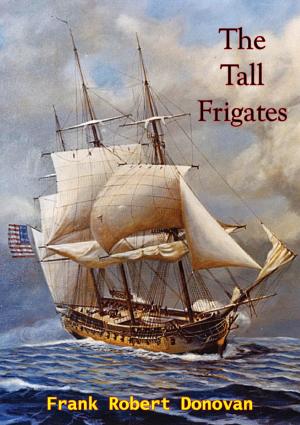


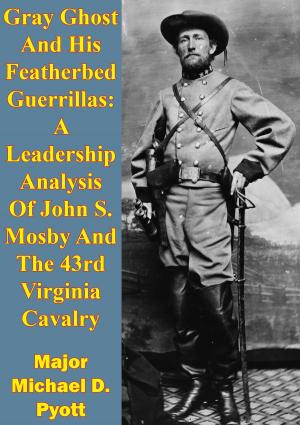
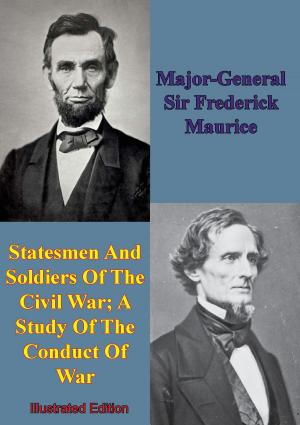
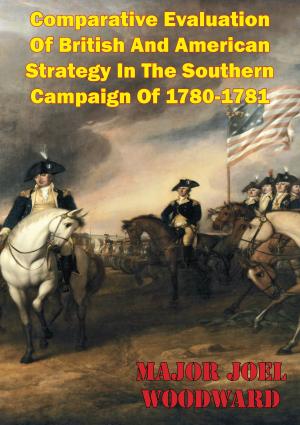
![Cover of the book Staff Ride Handbook For The Battle Of Chickamauga, 18-20 September 1863 [Illustrated Edition] by Captain Henry E. Handerson](https://www.kuoky.com/images/2014/august/300x300/9781782895275-5w82_300x.jpg)
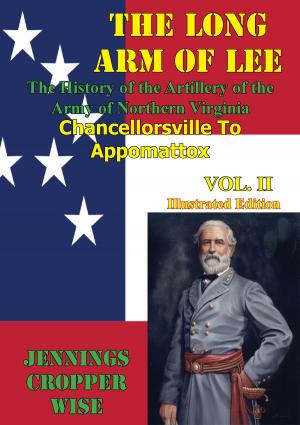
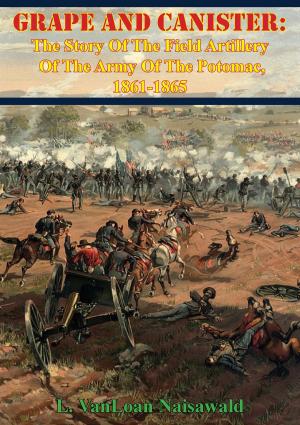
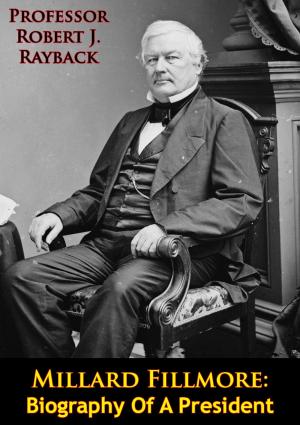
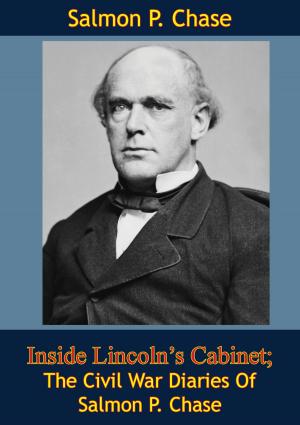
![Cover of the book The American War of Sucession – 1861-1862 {Illustrated Edition] by Captain Henry E. Handerson](https://www.kuoky.com/images/2012/may/300x300/9781908902603-fHpC_300x.jpg)
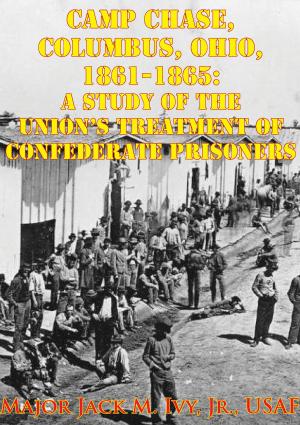
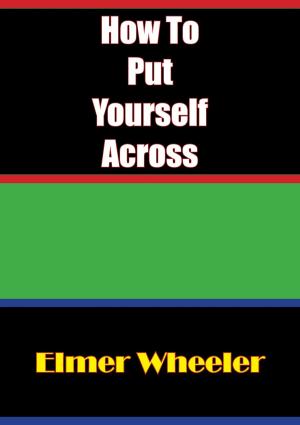
![Cover of the book The Chancellorsville Campaign, January-May 1863 [Illustrated Edition] by Captain Henry E. Handerson](https://www.kuoky.com/images/2015/november/300x300/9781786254405-4yNI_300x.jpg)